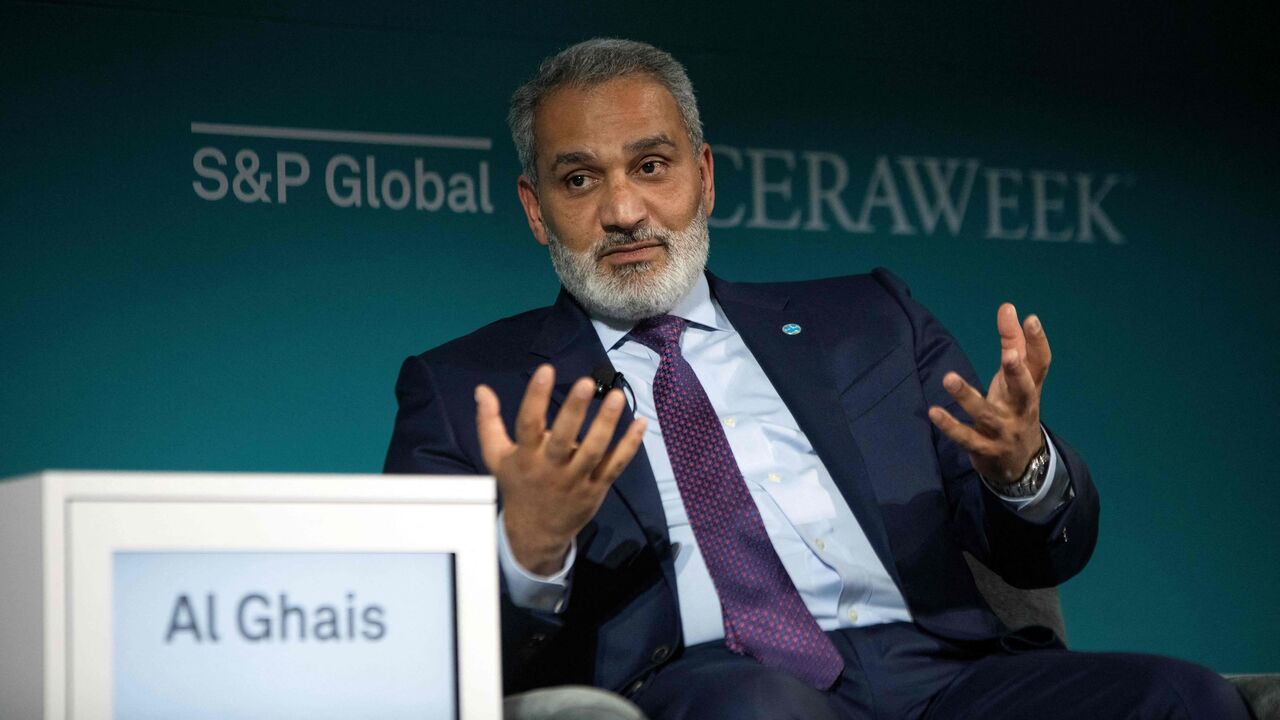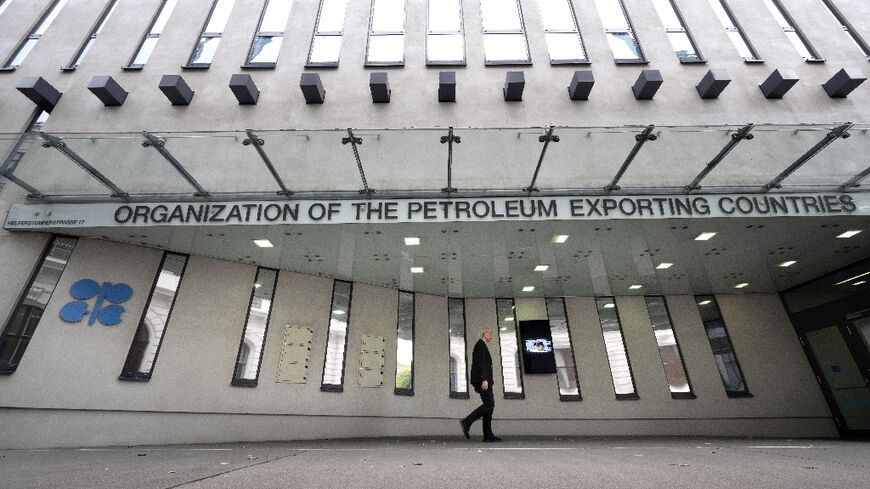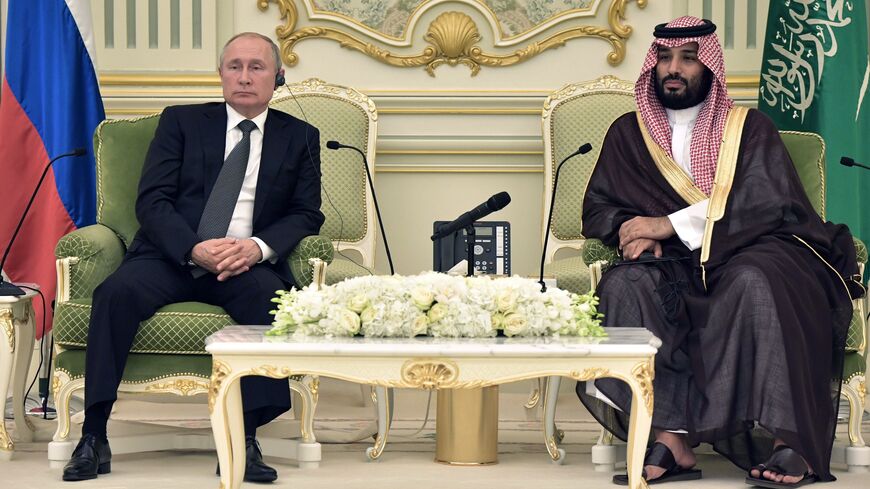OPEC chief defends oil cut phase-out plans despite bearish market
The markets reacted bearishly OPEC+'s Sunday output decision, worrying it could lead to oversupply later in 2024 despite slow demand growth.

OPEC Secretary General Haitham Al Ghais on Thursday defended the organization’s decision last week to phase out production cuts from October this year, despite the market reacting bearishly and the price of oil dropping by almost $4 a barrel.
Speaking at the St. Petersburg International Economic Forum in Russia, Kuwaiti Al Ghais defended the move made on June 2 by OPEC+, a group of major oil producing countries that includes Russia, to extend its oil cuts into 2025. The decision, however, left the door open for voluntary cuts from eight members to be gradually phased out from October this year.
OPEC+ agreed to maintain other cuts amounting to 3.66 bpd until the end of 2025. Russia was among the countries that agreed Sunday to phase out voluntary cuts. Russia currently has a 471,000-barrels-per-day (bpd) cut in place and aims to meet a production target of 9 million bdp by the end of the month, Reuters reported.
OPEC+ accounts for around 40% of all global oil production. OPEC currently has 13 members: Saudi Arabia, the United Arab Emirates, Kuwait, Iraq, Iran, Algeria, Angola, Libya, Nigeria, Congo, Equatorial Guinea, Gabon and Venezuela. Ten more non-OPEC countries form OPEC+ with the 13 OPEC members: Russia, Azerbaijan, Kazakhstan, Bahrain, Brunei, Malaysia, Mexico, Oman, South Sudan and Sudan.
In St Petersburg, Al Ghais called the recent OPEC+ decision a success. However, the markets reacted bearishly to the move as investors were concerned that the OPEC+ output decision could lead to oversupply later in 2024 despite slow demand growth. The price of Brent crude, a global benchmark for the price of oil, tumbled from $80.04 when markets closed on Friday 31 May before the June 2 decision, to a low of $75.85 on Tuesday June 4. On Thursday Brent crude was trading above $78, increasing in value amid growing expectation of an interest cut from the US Federal Reserve on June 12. The European Central Bank on Thursday announced its first rate cut since 2019, lowering it to 3.75% from the record 4% it has been since September last year.
Saudi Arabia's energy minister also spoke at the forum in Russia on Thursday. Prince Abdulaziz bin Salman insisted that OPEC+'s decision was driven by the need to chase market share and he criticized media reporting around the organization's meetings.
"They fiddle with the market. Sunday was no exception," he said, referring to the media and analysts.
“People are now saying that OPEC+ is shifting from being a price fixer to a market share fighter," the prince told a ministerial panel."
He claimed the media speculation always raises expectations about what OPEC+ will do, in a way that distorts the market.
“In all of the cases, they will try to raise expectations about what OPEC+ will do. So, when that decision is taken, it would have to be lower than that expectation," he added.
The sluggish global demand growth for crude has mainly been fueled by a shaky economic recovery from the COVID-19 pandemic from the world’s top oil consumer, China. Furthermore, surging exports from the United States and Guyana have flooded the market, leading to OPEC+ making output cuts earlier this year.
At the St Petersburg forum, the UAE’s energy minister Suhail Al Mazrouei said his country was committed to OPEC+, consumers and the market, despite some media reports suggesting that the UAE is disregarding output criteria prescribed by the group. A Bloomberg report published Monday found that Iraq and the UAE continued to pump above their assigned quotas. According to the data, Baghdad and Abu Dhabi had not fully implemented their supply cuts agreed with other OPEC members at the start of the year.
However, Al Mazrouei said that the UAE and Iraq had been making cuts to stabilize the market.
"I would call them the 'great 8', have been sacrificing these additional voluntary cuts to stabilize the market. UAE has been committed to this group, committed to the consumers and the market," he said, referring to the oil producers the UAE, Iraq, Saudi Arabia, Russia, Algeria, Kazakhstan, Kuwait and Oman.
Senior OPEC+ ministers said at the conference Thursday that the group could tweak the latest output agreement, if necessary, Reuters reported.








